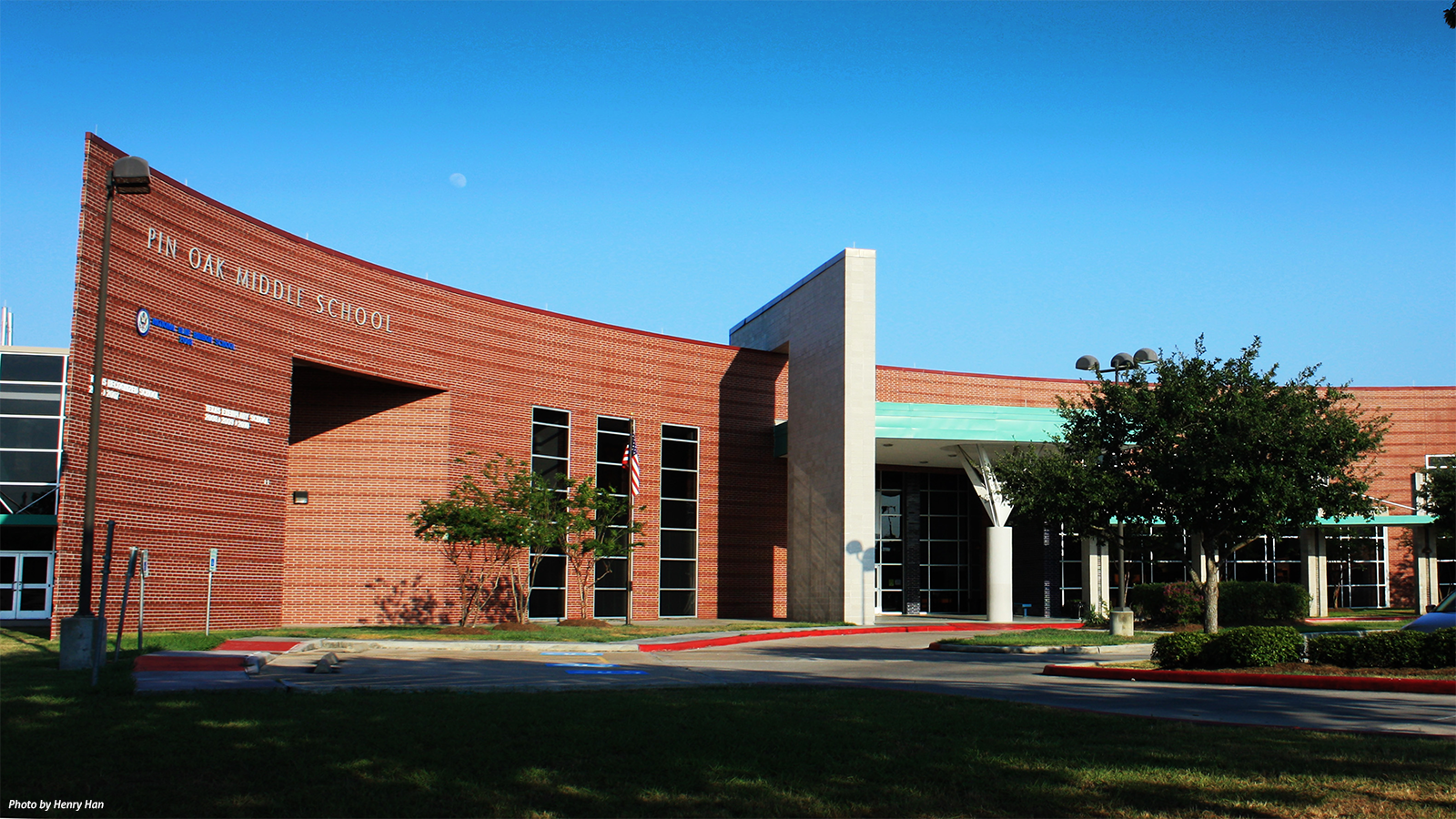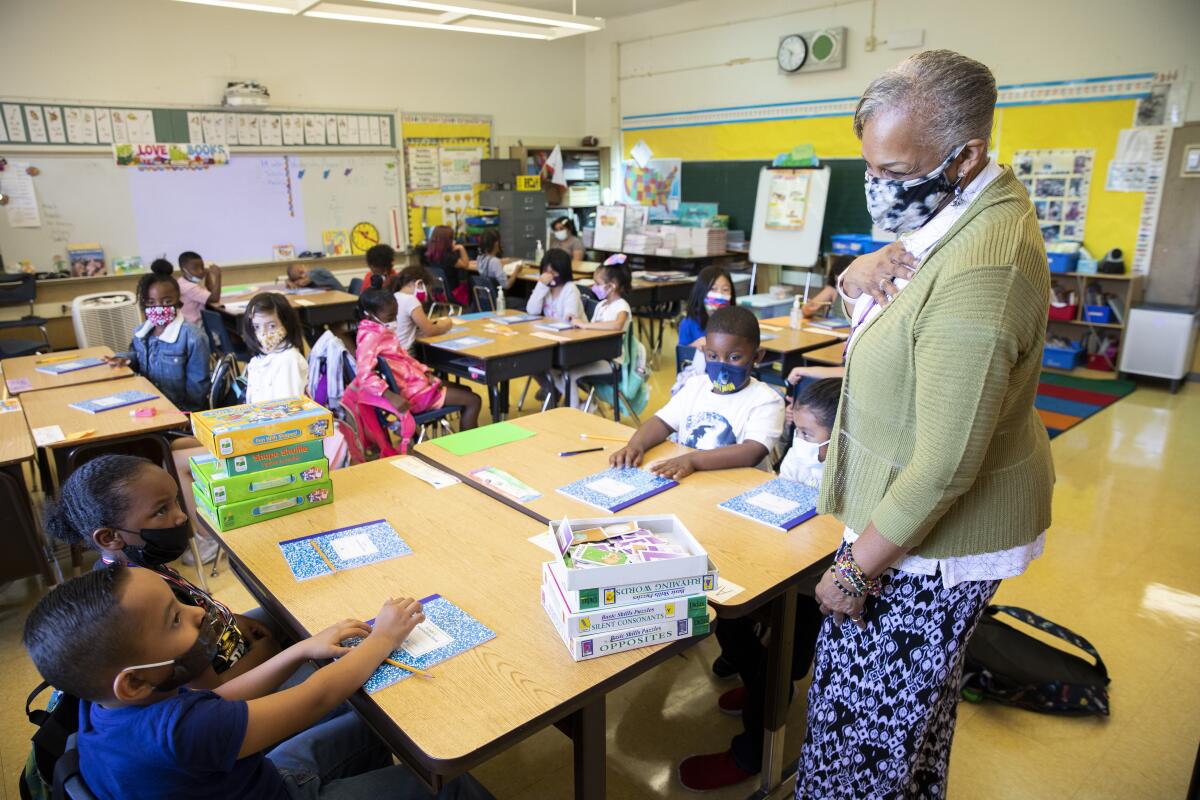Explore the Obstacles Encountering Our Community: Save Temecula Schools
Just How Schools Play a Vital Role in Shaping Future Leaders and Trendsetters
By incorporating project-based understanding and interdisciplinary studies, academic organizations test students to examine and synthesize intricate information. Teachers offer as advisors, guiding students and nurturing their potential, while extracurricular tasks further create management skills and resilience.
Promoting Important Thinking
In today's quickly progressing world, cultivating essential believing within universities has ended up being extremely important. As society grapples with progressively intricate global challenges, the capacity to analyze, evaluate, and manufacture info is important. Colleges play a crucial duty in establishing these abilities, preparing trainees to navigate and attend to complex issues with educated, reasoned decisions.
To grow critical thinking, teachers utilize different pedagogical strategies that urge energetic understanding and intellectual interaction. Class conversations, problem-based learning, and Socratic questioning contribute in promoting reflective and logical mind. By challenging students to question assumptions and take into consideration several perspectives, these techniques make sure a much deeper understanding of subject issue past rote memorization.
In addition, incorporating critical assuming throughout the curriculum reinforces its relevance and applicability in diverse contexts. Subjects such as mathematics, scientific research, history, and literature each offer special possibilities to develop trainees' critical faculties. For circumstances, analyzing historic events calls for examining resources and recognizing context, while clinical inquiry demands strenuous theory testing and evidence-based reasoning.
Inevitably, instilling vital thinking skills in trainees outfits them with the cognitive devices needed for long-lasting understanding and flexibility. It is via this fundamental skills that future leaders will have the ability to introduce, fix troubles, and add meaningfully to culture.
Urging Creative Thinking
Embracing imagination within educational structures galvanizes pupils to think beyond standard borders and discover ingenious remedies. By incorporating creative undertakings and creativity workouts right into the curriculum, institutions grow an atmosphere where originality and imaginative thought are valued. This approach not only improves the academic experience but additionally gears up trainees with the ability to tackle real-world challenges in novel methods.
School can promote creativity with varied methods such as project-based discovering, interdisciplinary studies, and the consolidation of arts and innovation. Project-based discovering, for instance, encourages trainees to use their knowledge in practical, typically collective, projects that require creative problem-solving skills. Interdisciplinary studies permit trainees to attract links in between various subjects, thereby widening their perspectives and improving their imaginative capabilities.
Furthermore, offering pupils with chances to involve with emerging modern technologies, such as coding and digital style, further nurtures their innovative capacity. These activities trigger students to experiment, fail, and repeat, which are important parts of the imaginative procedure (Save Temecula Schools). By maintaining an encouraging atmosphere where testing is urged, colleges can guarantee that pupils create the confidence to pursue ingenious ideas
In essence, nurturing creative thinking in academic setups is indispensable for shaping future leaders and trendsetters with the ability of attending to complex international concerns with ingenuity.
Supporting Collaboration

Applying group-based understanding modules and cooperative jobs permits trainees to experience the characteristics of synergy firsthand. This not only prepares them for the collective nature of contemporary offices yet additionally nurtures management top qualities as they commonly have to take on functions such as project managers or team organizers. Furthermore, collaboration in the classroom can break down social obstacles and advertise inclusivity, making certain that each student feels valued and heard.
Furthermore, incorporating innovation can further sustain collaborative efforts. Tools like common electronic work areas and interactive systems allow pupils to interact successfully, even outside the classroom. As students create these collective skills, they are better equipped to tackle complex obstacles and introduce, laying the groundwork for their future roles as pioneers and leaders.
Role of Teachers as Mentors

Mentorship includes customized attention, where teachers identify and nurture individual staminas and address weak points. Save Temecula Schools. Through individually interactions, teachers can customize their advice and support to meet each pupil's distinct needs, cultivating a sense of self-confidence and resilience. This customized strategy cultivates a growth frame of mind, encouraging pupils to view failures as chances for learning and development
In addition, educators work as good example, showing the worths of integrity, perseverance, and compassion. Their attitudes and activities provide a plan for trainees to mimic, instilling a feeling of ethical obligation and social recognition. By producing a inclusive and encouraging class atmosphere, teachers allow trainees to establish interpersonal abilities that are critical for efficient management.
In essence, the mentorship offered by teachers lays a fundamental framework for the advancement of future leaders, outfitting them with the knowledge, abilities, and Continue values required to master an ever-evolving globe.
Impact of Extracurricular Activities
When incorporated efficiently right into the instructional framework, extracurricular tasks significantly improve student growth and management possibility. These activities provide trainees with opportunities to check out rate of interests beyond the conventional curriculum, fostering a well-rounded skill collection.
In addition, extracurricular involvement motivates imagination and technology. Pupils participated in drama, argument, or songs clubs learn to think seriously and method troubles from varied point of views. These experiences instill confidence, making it possible for students to articulate their concepts and take initiative in different setups. By collaborating with peers from various histories, pupils likewise create compassion and communication abilities, necessary qualities for future leaders.
Research suggests that students included in such programs tend to have greater qualities and much better presence records. Thus, schools that prioritize a well balanced method to education, integrating durable extracurricular programs, are extra likely to produce pioneers and leaders equipped to meet the obstacles of the future.

Conclusion
To conclude, institutions dramatically form future leaders and innovators by nurturing critical reasoning, creative thinking, and collaboration among students. Engaging pedagogical strategies such as project-based learning and interdisciplinary studies play a vital role in this advancement. Teachers, working as mentors, provide essential guidance and support, while after-school activities even more enhance management prospective and durability. By cultivating an encouraging environment that values private strengths and team effort, institutions outfit students with the necessary skills to navigate future obstacles and drive advancement.
As trainees use this link create these collective abilities, they are better furnished to deal with complex obstacles and innovate, laying the foundation for their future roles as leaders and pioneers.
By cultivating important reasoning and analytic skills, educators assist trainees navigate complicated obstacles, preparing them for management roles in various fields.
By teaming up with peers from various histories, pupils also develop compassion and communication skills, vital traits for future leaders.
In conclusion, colleges dramatically form future leaders and pioneers by supporting essential thinking, creative thinking, and cooperation among pupils. By cultivating a helpful environment that values individual toughness and teamwork, institutions furnish pupils with the required abilities to browse future difficulties and drive technology.